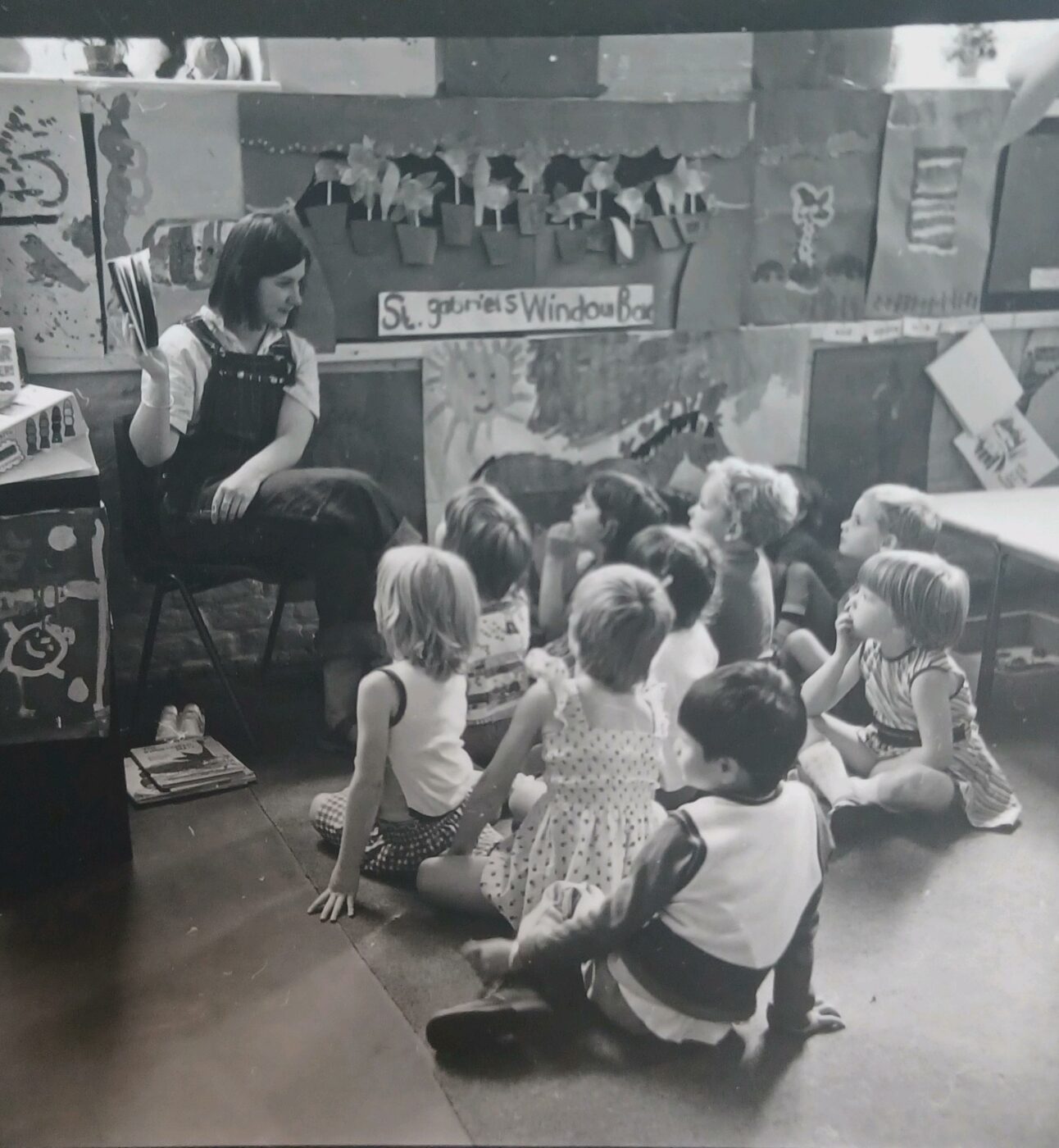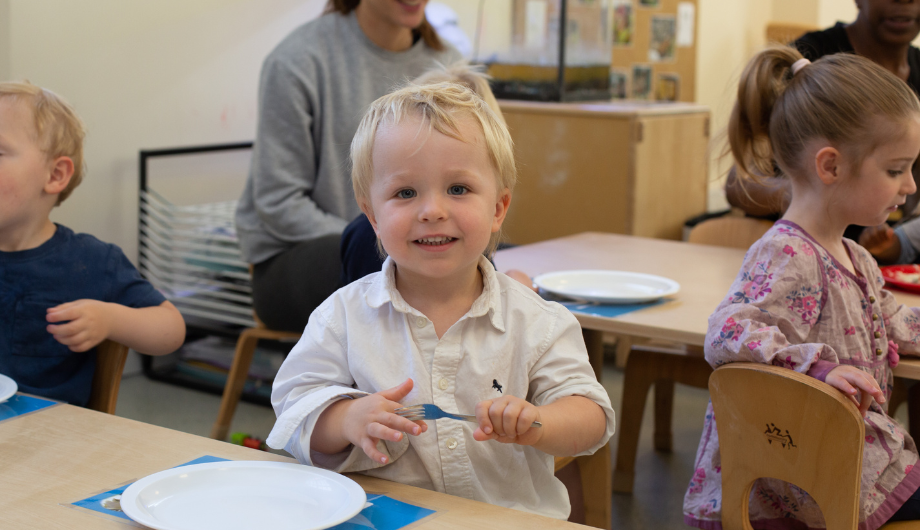
Talking Early Years: Celebrating 120 Years at LEYF
The Year That is 2023 – This year, we are proud to celebrate 120 years of LEYF. It’s been fascinating to reflect back on what has changed over…
January 13th 2014
Given that January is the month when we have a collective “Blue Monday” and the highest number of disgruntled workers reach for the job vacancies, we need to think about how we welcome staff back in a way that motivates them and makes them want to stay at work. As January comes every year, a raft of books about ‘happiness at work’ has now emerged and the many ways to achieve it. I always think it’s best to begin with Maslow’s hierarchy which best sums up the steps we need to reach a platform of happiness at work.Last year the Government said that it was going to measure the happiness of the nation. This year the nation’s favourite headmaster Anthony Seldon tells us he is teaching his pupils at Wellington College about happiness. They will get a couple of hours coaching to help them develop personal techniques to deal with adversity. Back in the days when I attended a convent school we were sent on retreat with the intention to develop some inner strength that would secure our sense of contentedness and help us manage life’s challenges. At the time I did not appreciate the significance of this opportunity as I was so overwhelmed to be within the convent walls and walking in the nun’s private garden.
I read recently that happiness is having low expectations. I liked that so much I tweeted it as it’s such a refreshing alternative to the celebrity and L’Oreal generation.
In a recent book called Happy Hour is 9 to 5. The Danish authorAlexander Kjerulf defines happiness at work as ‘feeling good about work most of the time.’ That is a sensible recommendation coming from him as apparently the Danes are the happiest workers in the world (Will that include Martin from The Bridge who has to work with Saga?) I would be very happy if I thought that the LEYF staff were happy most of the time as this generally accounts for the ups and downs of life. John Stuart Mill the utilitarian tried to apply the principle that happiness is the sole object of desire. This pursuit of happiness troubled him so much that he ended up having a nervous breakdown. Please don’t copy him.
To ensure happiness at work Kjerulf suggests what we all know; that managers should look for as many chances as possible to warm relations between staff. He suggests bringing you tea unprompted (that keeps me very happy as Jenny well knows – especially a cup of Barrys) greeting each other when we arrive in the morning, leaving positive messages on desks, giving positive feedback. I must add that at LEYF we value curly wurlys, staff parties, cake, Mr Fenton’s quiz and prizes for meeting specific targets.
About six years ago I gave a keynote speech at a nursery conference on the subject of happiness at work. I searched out my notes and not much has changed even with Mr Kjerulf’s book. The main message is that purposeful work tends to have happier staff. So childcare is high on job satisfaction levels despite the fact that we work for little rewards, in a highly regulated sector which is much misunderstood and low status. People continue to dislike office politics and posturing and positioning , keeping the wrong people in post and poor management which leads to negative stress. People also hate having no control, being ignored and discounted, and having to be rushed and put under pressure all the time. Nothing surprising here then.
What staff like is:
• shared values
• a place where they are proud to work
• high job satisfaction
• recognition
• opportunity to learn new skills.
• working with other committed staff
• responsibility whether it’s a small budget or to lead a project.
• feedback which is constructive and positive
Given that so many of us depend on the goodwill and voluntary extra work of staff, especially in early years, we need to think carefully and creatively about what we offer staff which will recognise and reward them. Salary counts less than training and extending staff with challenges and resources. So think about this when you have the offer to go to a conference or an APPG or you have the chance to work with some new resources. Engage the team. Take them with you. It’s the little things that matter.
Happiness, happiness the greatest gift that I could give or to quote John Spedan Lewis (1885 -1963)
“the supreme purpose of the John Lewis Partnership is simply the happiness of its members.”

The Year That is 2023 – This year, we are proud to celebrate 120 years of LEYF. It’s been fascinating to reflect back on what has changed over…

We have been raising the issues of childcare funding for over 10 years. It has been so long, I am amazed at how patient I’ve remained – and…

In the beginning of 2022 So here we are. The final blog of 2022. And hey, we’ve managed to get through what has been a year of discontent and foolishness.